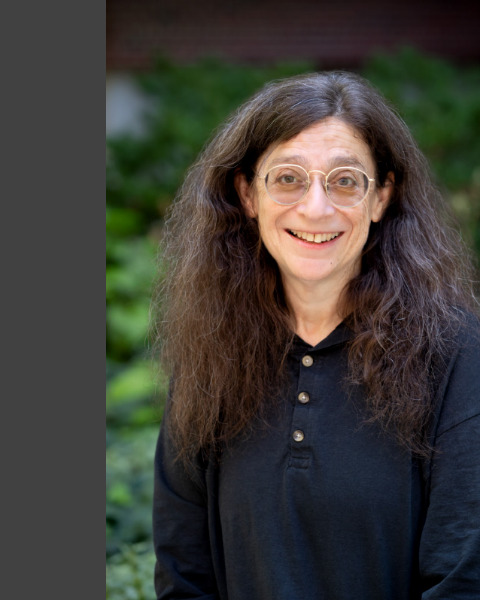Student Poster Display
Physiology, Biochemistry, and Toxicology
Student
Student Competition
D3029: Assessing the impact of fungicide-contaminated pollen on reproductive health and nursing behavior in the western honey bee, Apis mellifera

Wen-Yen Wu (he/him/his)
Graduate Student
University of Illinois
Urbana, Illinois
Ling-Hsiu Liao
Senior Research Specialist
University of Illinois
Urbana, Illinois
May R. Berenbaum, Ph.D. (she/her/hers)
Professor and Head
University of Illinois
Urbana, Illinois
Presenting Author(s)
Co-Author(s)
Flower pollen is the primary source of dietary protein for the western honey bee, Apis mellifera, and numerous other pollinators. However, the utilization of pollen nutrients can be hindered by many factors, including the presence of plant secondary compounds, imbalanced nutritional composition, and physical barriers posed by the pollen wall. Moreover, the contamination of pollen with fungicides not only induces physiological toxicity in honey bees but may also disrupt the chemical conversion processes mediated by the mycobiome. This disruption compromises the nutritional availability crucial for maintaining the reproductive health of the queen and facilitating brood nursing care. Our study investigates the effects of exposure to environmentally relevant concentrations of fungicides on nursing behavior and queen reproductive health, with the goal of identifying adverse effects of fungicide-contaminated pollen and elucidating the benefits of mycobiome-mediated food processing in honey bees.

.png)

